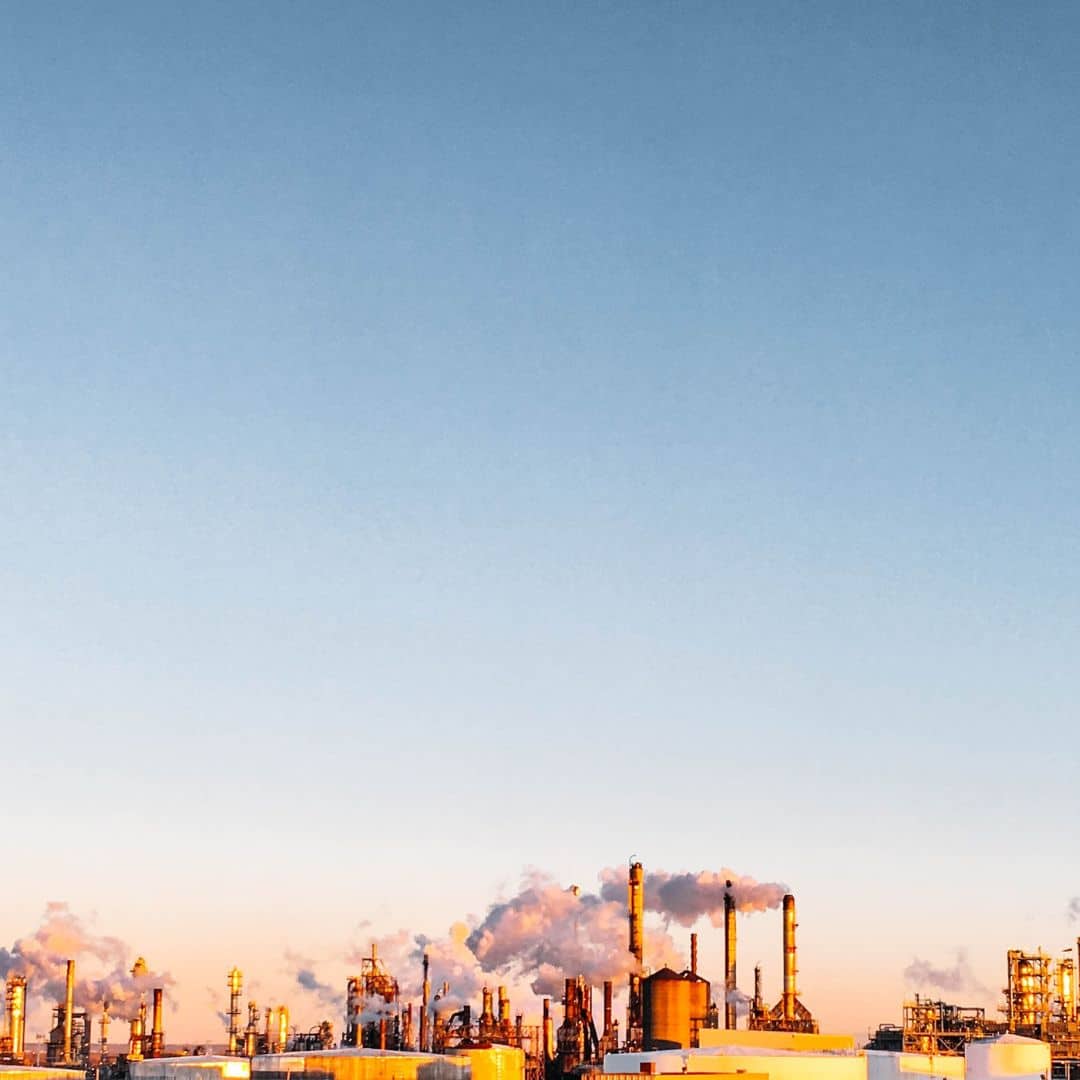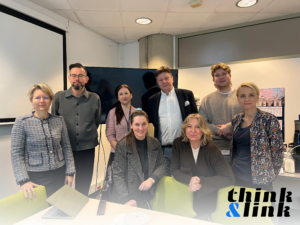So we are drowning in plastic – or worse, in its decomposition fumes. However, who is responsible for this?
We encourage you to read the opinion of Katarzyna Rozenkowska, MA, from the UW Faculty of Management, who is not indifferent to the problems affecting modern man:
Whether we like it or not, we are in a critical phase for our environment. And I don’t mean Polish forests, rivers, land or the air that Poles breathe – I mean the whole Earth. This small planet in the middle of an ever-expanding universe that will forever remain a great mystery (even to the most brilliant minds of this world). State governments should be on the front line in the fight for the environment – fully aware of the harsh consequences that will come not only to future generations, but also to us. How it is in reality – we all know. In Brazil, the Amazon forests are being cleared for cattle ranching, while in Poland it is hoped that by the time the last kilogram of coal is mined the World will be over.
I get the impression that all responsibility for the future of the climate and the environment has been shifted to us – the consumers. So much so that the major manufacturers have figured out the „climate game,” and the greenwashing employed by many of them is at times infuriating. One of the biggest problems for manufacturers, among others. Fast Moving Consumer Goods (or so-called Fast Moving Consumer Goods) is plastic – and it is around this unfortunate material for us that most attempts to veil the truth appear. Most of us would probably like to believe that the plastic we separate on a daily basis is later recycled, but the statistics here are inexorable – data from 2015 shows that only 9% of the plastic produced was later recycled – the rest was either incinerated (12%) or dumped in a landfill (79%)(1).
According to the fourth edition of Brand’s 2021 report, titled „The Brand. „Break free from plastic,” the first place on the podium of the biggest plastic „litterer” was taken by the world’s most popular beverage manufacturer. At the same time, this manufacturer is an ideal example of greenwashing. While it informs stakeholders that the bottles it puts on the market are 25 percent made from plastic collected from seas, oceans and beaches, and that they are 100 percent recyclable, at the same time it generates even more plastic waste (which the recovery program cannot compensate for in any way). To top it all off, there are many more infamous examples – both of manipulation and unrestricted littering on a massive scale – and forecasts are not optimistic: plastic production is expected to triple by 2050(2).
What solution do I see? Perhaps we should start taking the problem seriously, and instead of looking for another „golden” (actually plastic) tactic to pull the wool over the eyes of customers simply face the facts and think of solutions that will really make a difference? We should take an „all hands on board” approach – as consumers, we need to start demanding more – both from production companies and from those in power – and make informed decisions when making purchases. Perhaps by the method of small steps we can avoid the total environmental catastrophe we have been heading for since the Industrial Revolution?
(1) Geyer, R., Jambeck, J.R. & Law, K. L. (2017) Production, use, and fate of all plastics ever made. Science Advances, 3(7): 7.
(2) 2019 report, „Plastic & Climate: The Hidden Costs of a Plastic Planet,” https://www.ciel.org/plasticandclimate/.
Brand’s 2021 report titled. „Break free from plastic” available at: https://www.breakfreefromplastic.org/wp-content/uploads/2021/10/BRAND-AUDIT-REPORT-2021.pdf

Katarzyna Rozenkowska, MA, from the Faculty of Management at UW
The post is part of a series on natural heritage entitled „How to Live? – Naturally!”, which was created to draw attention to the need to protect the Earth’s natural heritage.
#naturalheritage #worldheritage #ExpertsUW #unesco #natural





